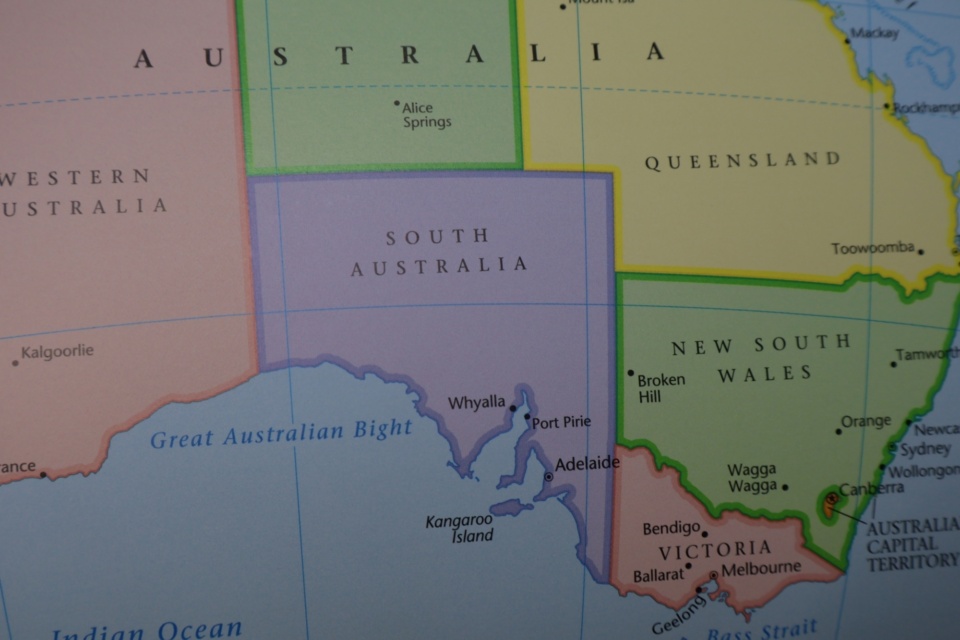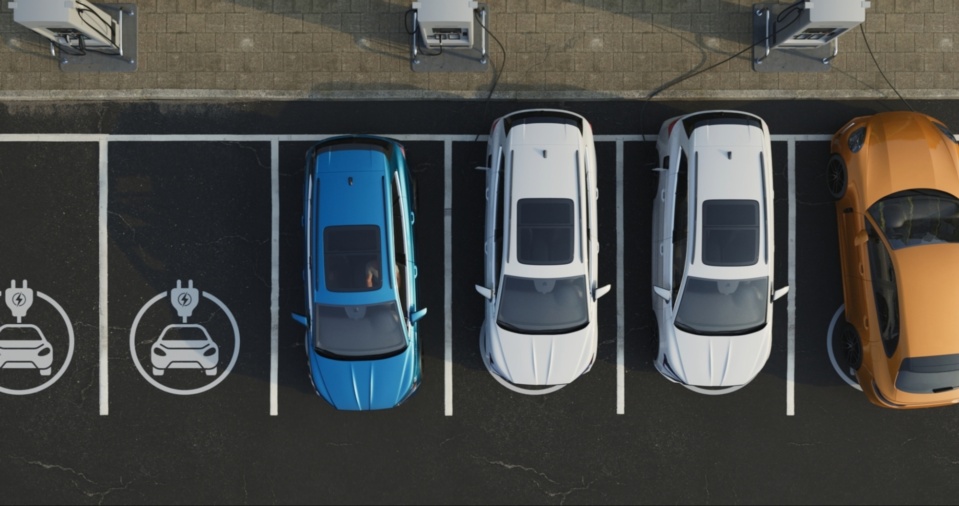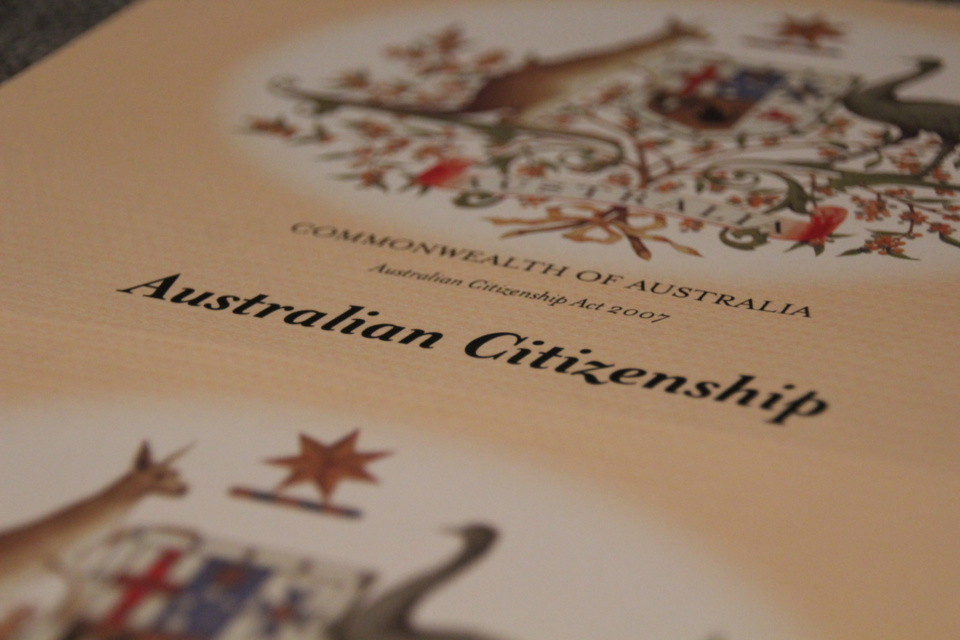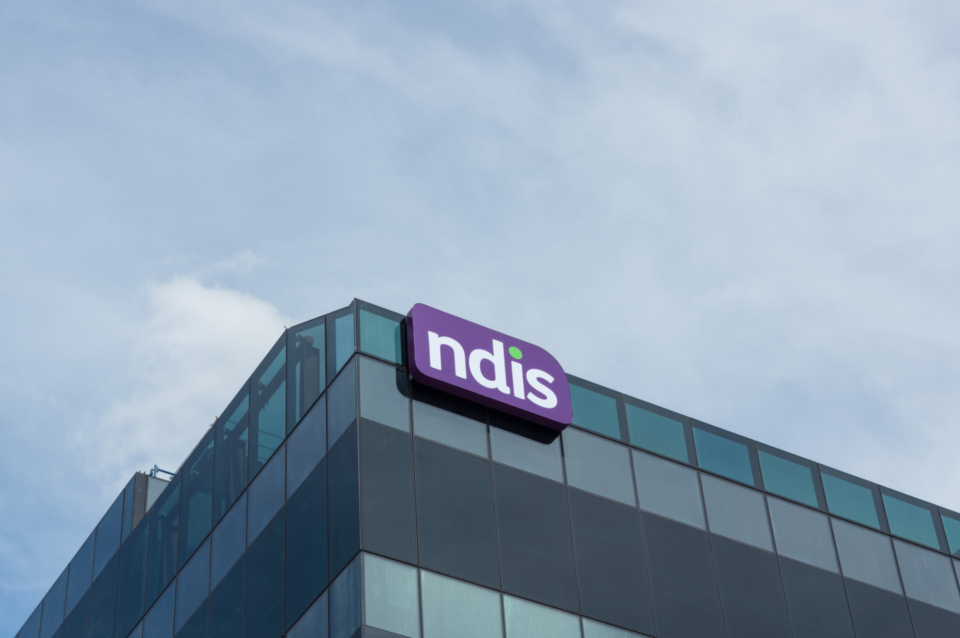
One Nation’s chances as a dominant conservative party are piñata-like
Posted on 11 Feb 2026
Opinions polls insist Pauline Hanson's fortunes are on the rise, but it is likely that enthusiasm…
Posted on 14 May 2024
By David Crosbie

There must be a better way to develop and frame Federal budgets, says Community Council for Australia CEO David Crosbie.
There’s a North American maple tree in the centre of the Senate Courtyard at Parliament House. Experienced press gallery journalists call it the Budget tree.
Each year, along with its two fellow maples, it produces magnificent red leaves around the time the treasurer delivers the federal Budget.
It’s not the stunning leaves that make it the Budget tree (although federal Budgets have been in the red most years), it’s how often it’s used as a backdrop for the seemingly endless Budget week photo opportunities provided to media.
Dozens
of poses have already been struck – with the finance minister, with the prime
minister, with the Treasury secretary – in different locations including the
roof of Parliament House, the front of the Treasury building, the prime
minister’s office, and even the Senate Courtyard, with the Budget tree
providing the familiar backdrop.
Releasing the federal Budget is partly about performance and messaging. Politicians talk about selling the economic lines, while also making money for the party through expensive appearance fees.
The messaging is pretty clear. Apparently, this is a Budget that will be "good for all Australians" and will provide "cost-of-living relief without driving up inflation". It is about "responsible economic management" and setting up the government’s credentials as an effective steward of the nation’s accounts.
There are many very important funding decisions in the Budget: programs funded, programs cut, new initiatives and implementation of important policies.
We can still expect more detailed announcements about the "made in Australia" initiative and many improvements to government services and programs including important initiatives in aged care, early childhood, disability, TAFE places, domestic violence, a national gun register, ending live sheep exports, housing, improved digital IDs and protections, and many other very worthwhile initiatives.
All are deserving of support. It is good to have a government invested in these areas.
However, most of these and other worthwhile initiatives are not centre stage in Budget week, at least not in any meaningful way, because Budget week has its own script, its own set of obligatory lines and performances from all the political and media players.
This broader script is framed largely within big lever economics – overall taxation and expenditures, deficits, savings, wages, and varying projections or assumptions about likely future income, costs, inflation and interest rates.
Most of this discourse is aimed at a relatively small group of Australians, those who closely follow the political debates, the commentariat, the powerful vested interests and the political barrackers.
Most Australians want to know whether the Budget changes anything for them, and it will be hard to get a definitive answer this week.
For instance, almost 40% of Australians have a mortgage to pay. Will interest rates rise or fall? No one really knows, but the Opposition will say the government has produced a big spending Budget that will ensure interest rates stay high, while the Government argues that the budget is not inflationary and therefore supports a gradual reduction in interest rates. Take your pick.
Will the "cost-of-living" measures be enough? Some will argue yes while others will argue no. Similarly, there will be mixed views on many initiatives, like reducing student HECs indexation – is that enough?
Inequality is rising in Australia. This Budget is unlikely to reverse that trend. The rich get richer, the poor get poorer. Inequality is baked into our budgets and our tax systems in the way we reward investment versus wages, the haves and have-nots systems we have put in place in critical areas like education, health and housing.
Governments can tinker around the edges of disadvantage, but the two-tier economic, health and social structures will continue to work well for those who are wealthy and not so well for those who are unfortunate enough to have been born into the wrong postcode, experience a chronic illness or disability, or have parents who can’t afford to provide the smorgasbord of opportunities provided to the wealthy.
"If the [Budget] fundamentals don’t shift significantly in the next few years, we will continue to entrench inequality and the destabilisation that brings."
When governments and commentators talk about the cost of living, what I hear and see all around me is inequality. Rising food, petrol, energy and rent costs will not significantly change the lifestyles of those with established wealth and high incomes.
For those on a fixed income below the average wage, however, increasing costs are forcing them to join the increasing number of people queuing for emergency relief.

While politicians and the media act out their Budget week performances and use the opportunity to make a little extra for their party or their news outlet, few struggling Australians will be watching.
Charities sometimes get small bit roles during the week, enough to champion their communities and their causes, but always knowing they are not part of the main show.
Underneath all the sound and fury of Budget week lies a fundamental betrayal.
Our current approach to taxation and expenditure is betraying our children and their children, not just by failing to address inequality in so many of our systems, or the flawed way we reward wealth over labour, but also by failing to address the irreparable damage we are doing to our world and our future.
The Budget is a very important government document, and there are welcome initiatives that are deserving of praise in the many line items across multiple departmental budgets. The potential impact of these initiatives should not be downplayed.
And yet, I believe a federal Budget could be so much more.
Many of us hoped the talk of a wellbeing budget might shift the narrative. It hasn’t.
Some of us thought the greater level of consultation and the reviews and advisory groups this government has initiated might translate into a more consultative Budget process. To some degree this has happened, but the core decision-making process remains the same. It’s basically the same play, the same actors pulling mostly the same levers for the same restricted audience.
There must be a better way to develop and frame federal Budgets.
If the fundamentals don’t shift significantly in the next few years, we will continue to entrench inequality and the destabilisation that brings. Perhaps even more importantly, we will lock in permanent and irreversible damage to our world, ensuring we can never achieve the kind of Australia we would want our children to live in.
I applaud the positive government initiatives that build capacity to serve our communities, but I also can’t help but hope for a time when the Budget tree might bear witness to a more disruptive and reforming performance.
David Crosbie has been CEO of the Community Council for Australia for the past decade and has spent more than a quarter of a century leading significant not-for-profit organisations, including the Mental Health Council of Australia, the Alcohol and Other Drugs Council of Australia, and Odyssey House Victoria.
We're proud to take a stand on progressive issues. Here's a taste of our commentary.

Posted on 11 Feb 2026
Opinions polls insist Pauline Hanson's fortunes are on the rise, but it is likely that enthusiasm…

Posted on 28 Jan 2026
This year’s Adelaide Writers’ Week began with the cancellation of a talk by Palestinian-Australian…

Posted on 17 Dec 2025
Posturing by the US president about Europe's immigration policies, even warnings of future…

Posted on 03 Dec 2025
If you wanted an example of the problems inherent in federal systems, you couldn’t do better than…

Posted on 19 Nov 2025
When it comes to loyalty to car brands, it can be confusing who we should support, and, even more…

Posted on 05 Nov 2025
Before the Prime Minister gets too excited about his recent meeting with the American President, he…

Posted on 14 Oct 2025
The idea of "long term" is not something that sits well in the social media era, yet governments…

Posted on 30 Sep 2025
I am proud of what Our Community, and its exceptional team, have achieved in the past 25 years. As…

Posted on 16 Sep 2025
Happy Australian Citizenship Day! To mark the occasion, Our Community leader Denis Moriarty takes…

Posted on 02 Sep 2025
Words live, evolve, and sometimes die. Some words are invented from scratch, some are old words…

Posted on 26 Aug 2025
The cost of the National Disability Insurance Scheme (NDIS) is climbing relentlessly – $44 billion…

Posted on 04 Aug 2025
The new leader of the Liberal Party, Sussan Ley, wants to increase the proportion of women…